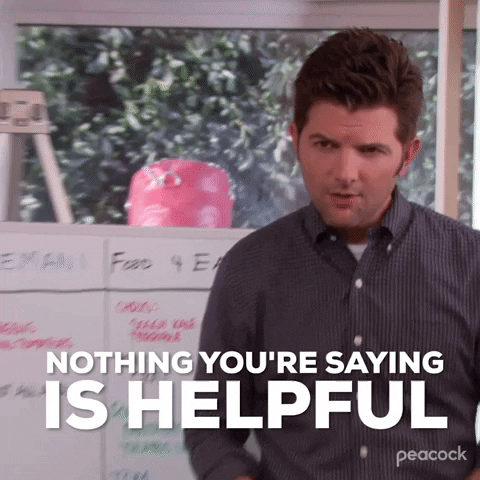Here's Why Extroverts Might Struggle to Build Wealth
How personality traits impact decisions around debt and investing

“Knowing yourself is the beginning of all wisdom.”
—Aristotle
It’s become a cliche for personal finance writers to repeat platitudes like “personal finance is personal.”
While it is true that what is considered a “good” financial decision will be different for each person, most personal finance writers fail to help their readers understand how to make financial decisions tailored to their unique circumstances. They duck the hard work by slapping on another broad-platitude like “make financial decisions based on your goals and preferences.”
Personal finance is personal, and many struggle with money because they do not connect their financial decisions to their personality.
I recently published an article discussing how you can increase happiness by making purchases that align with your personality traits. The first problem is that many people haven’t thought too much about their personality traits—making it nearly impossible to make financial decisions connected to their personalities.
To review the “big five” personality traits are:
Openness—Very open people tend to be creative and adventurous. In contrast, those with a low level of openness are more practical people that focus on the traditional ways of doing things.
Conscientiousness—Highly conscientious people have a high degree of self-control, while those with low levels of conscientiousness tend to be impulsive.
Extraversion—Extraverts are outgoing, while introverts are more reserved.
Agreeableness—Agreeable people often put other people’s needs ahead of their own and look to cooperate rather than compete. Non-agreeable people tend to lack empathy and focus on their advancement.
Neuroticism—Describes how frequently someone feels negative emotions like fear, anxiety, guilt, or sadness.
In this post, I will review research highlighting how your personality traits may help (or hurt) your ability to build wealth.
The relationship between wealth accumulation and personality traits
A 2011 paper studied the relationship between the assets and debts of British citizens and their personality traits.1 The researchers studied thousands of people over 17 years to determine if certain personality traits were associated with better financial outcomes—more assets and less debt.
They broke the data set into two categories:
Single people
Couples
This provided interesting results because the psychology of a single person making financial decisions is much different than the differing psychology of two people who have to make joint financial decisions. Anyone who has had joint finances with another person knows how hard it can be to get on the same page regarding money.
Here’s a summary of the most interesting results from the study.



